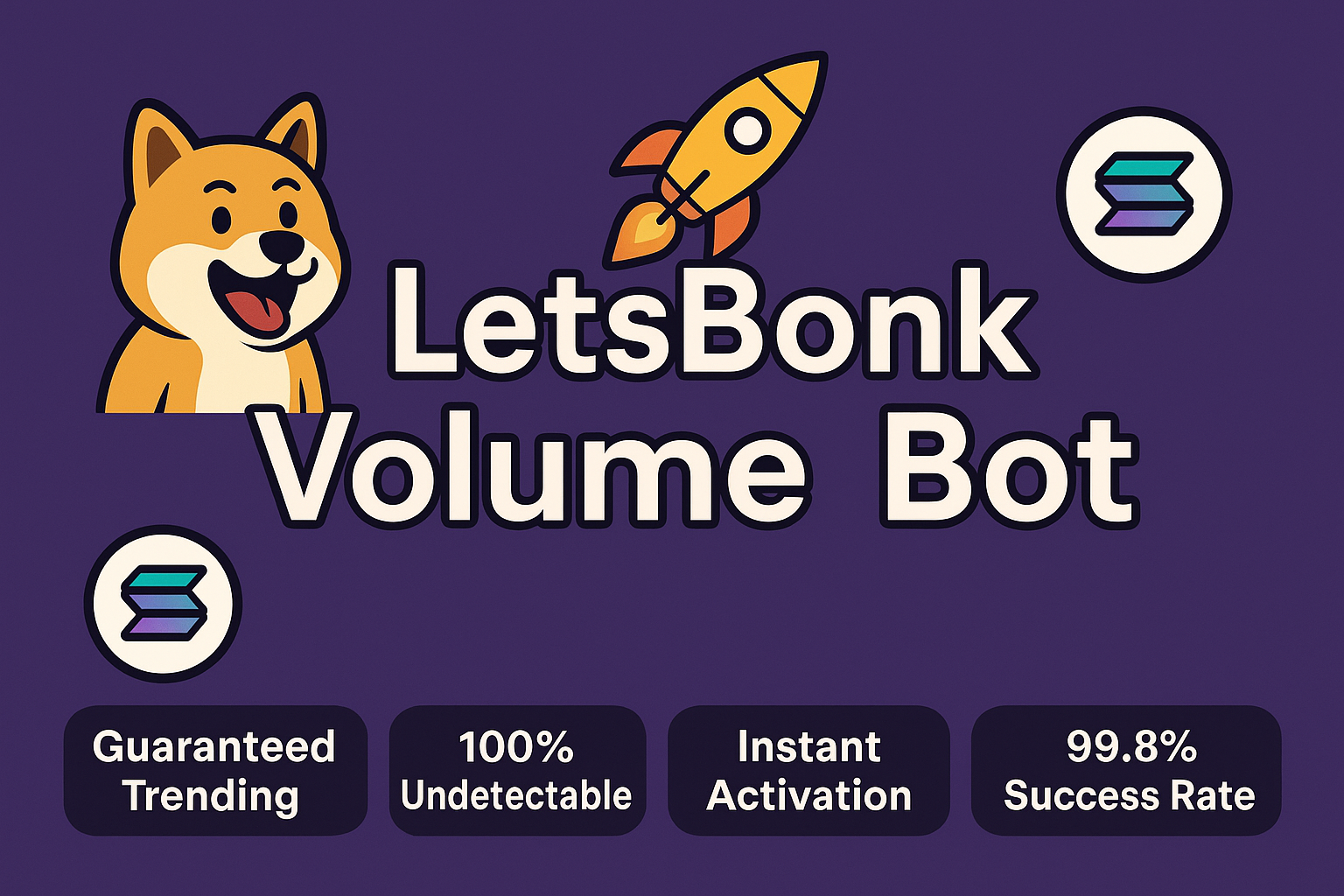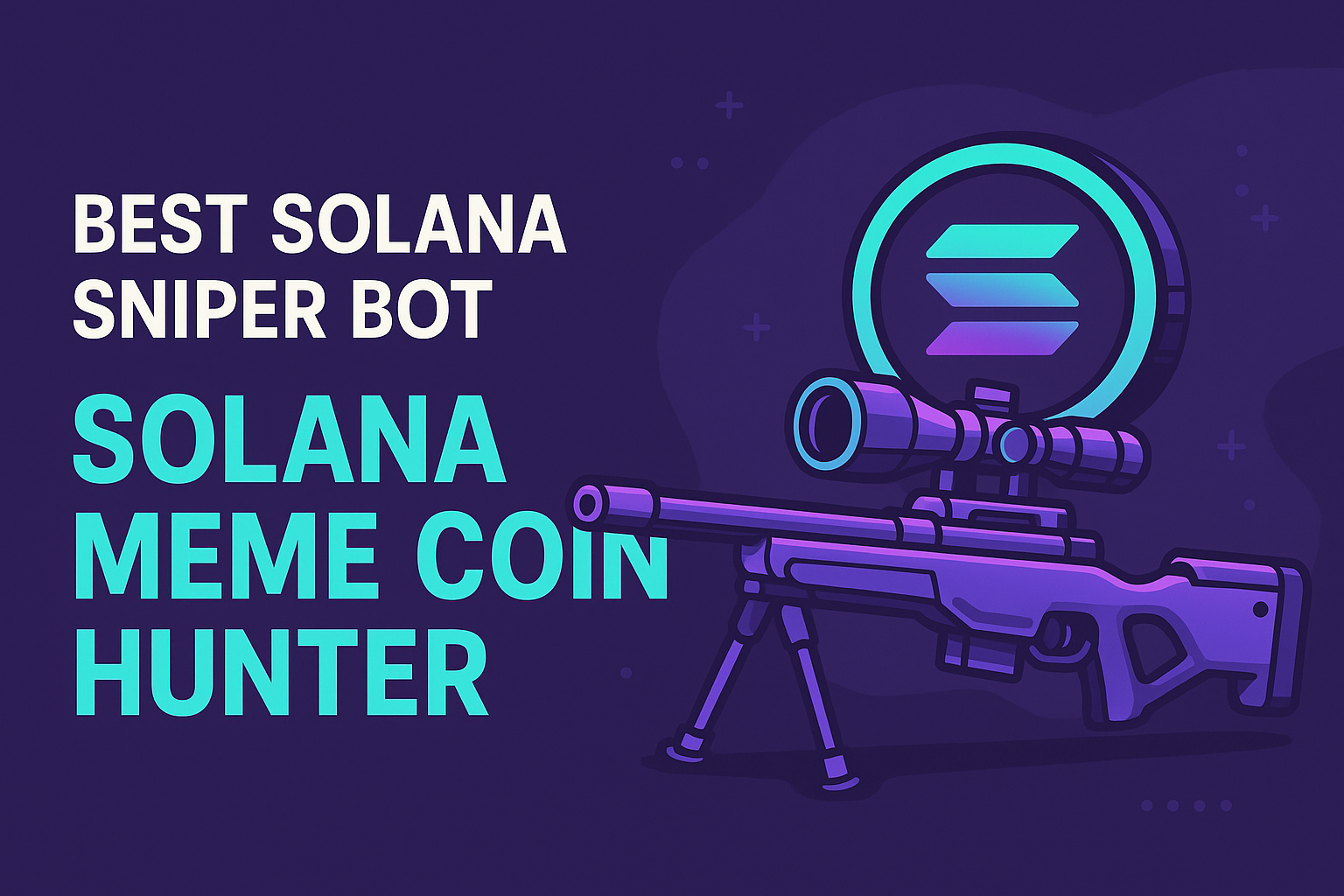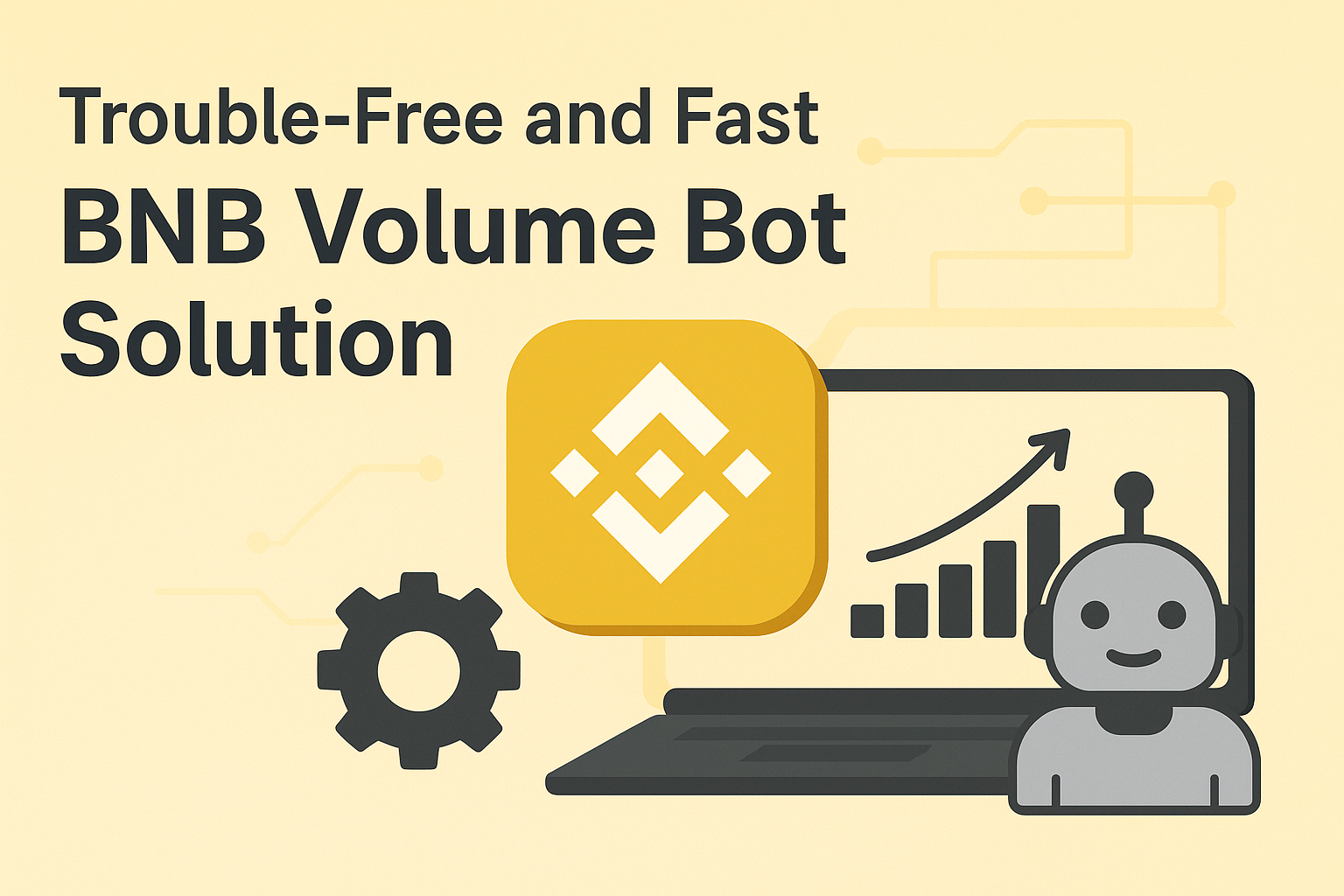Automating Transactions for Higher Efficiency on Solana
In the fast-paced world of blockchain, automation on Solana has emerged as a game-changer for developers, traders, and enterprises. With Solana’s high throughput and low-cost transactions, automating key processes can significantly improve efficiency, reduce manual errors, and unlock new opportunities in decentralized finance (DeFi) and beyond. This article explores the benefits, tools, and strategies for automating transactions on the Solana network.
Table of Contents
Why Automate Transactions on Solana?
Automation is not just a luxury—it’s a necessity in today’s blockchain ecosystem. Solana’s architecture supports high-frequency trading, NFT minting, staking, and DeFi protocols where speed and precision are critical. Automating transactions enables:
- Efficiency: Eliminate repetitive manual tasks.
- Speed: Execute trades and transfers instantly.
- Cost Reduction: Minimize human errors that lead to unnecessary losses.
- Scalability: Manage thousands of operations simultaneously without bottlenecks.
Key Benefits of Solana Transaction Automation
1. Reduced Latency in High-Frequency Operations
On Solana, automation ensures that transactions are submitted as soon as market conditions align. This is especially important for traders who rely on millisecond-level execution speeds.
2. Enhanced Security
Automating processes via smart contracts and bots reduces the need for constant private key interaction, minimizing risks associated with phishing and manual errors.
3. Consistency Across Operations
Automated systems follow rules precisely, ensuring reliable execution in staking, lending, and yield farming strategies.
4. Improved DeFi Strategies
Protocols like Raydium and Orca benefit from automated liquidity provision, arbitrage, and yield harvesting, enabling users to maximize returns without micromanagement.
How Solana Automation Works
Automation on Solana is generally powered by three components:
| Component | Role in Automation |
|---|---|
| Smart Contracts | Define rules and conditions for automated execution. |
| Solana Programs | Custom-built programs written in Rust or C that interact with the blockchain. |
| Automation Bots | Off-chain bots that trigger on-chain actions when pre-defined conditions are met. |
Practical Use Cases of Automated Transactions on Solana
DeFi Trading and Arbitrage
Automation allows bots to scan multiple Solana DEXs simultaneously, executing trades when price discrepancies arise. This increases profitability for traders who rely on arbitrage opportunities.
Staking and Rewards Automation
Instead of manually claiming and restaking rewards, automation loops earnings back into staking pools to compound returns over time.
NFT Minting and Distribution
Developers automate minting schedules, airdrops, and transfers to ensure efficiency and fair access during high-demand launches.
Automated Treasury Management
DAOs on Solana can set automated rules for fund allocation, payroll disbursement, and liquidity balancing, reducing the workload of treasury managers.
Tools and Frameworks for Automating on Solana
Several frameworks and third-party tools make automation seamless:
- Anchor Framework: Simplifies Solana program development with structured smart contracts.
- Serum DEX APIs: Enable automated trading strategies with low latency.
- Crank-based Systems: Automation methods where bots “crank” a program to trigger events at optimal times.
- Third-Party Services: Platforms such as Chainlink Keepers integrate with Solana to provide off-chain automation triggers.
Challenges in Solana Transaction Automation
Despite the advantages, automation on Solana has challenges:
- Network Congestion: During peak demand, automated bots may face failed or delayed transactions.
- Smart Contract Risks: Bugs in automated scripts can lead to financial loss.
- Security Vulnerabilities: Poorly designed bots may expose private keys or APIs to attackers.
Best Practices for Automating Transactions
1. Prioritize Security
Always use hardware wallets, secure APIs, and trusted libraries to minimize vulnerabilities.
2. Optimize for Gas and Fees
Although Solana’s fees are low, inefficient bots can still incur unnecessary costs. Implement batching and efficient transaction structures.
3. Test in Devnet Before Mainnet
Developers should deploy automation scripts on Solana’s Devnet to detect issues before moving to production.
4. Monitor Performance
Set up monitoring dashboards to track transaction success rates, latency, and ROI from automated strategies.
Frequently Asked Questions (FAQ)
Can beginners automate Solana transactions?
Yes. With frameworks like Anchor and pre-built bots, even non-developers can access automation tools, though coding knowledge offers more customization.
Is automation safe on Solana?
Automation is safe if implemented correctly. The biggest risks come from insecure scripts or poorly audited smart contracts.
What is the main advantage of automating on Solana versus other blockchains?
Solana offers sub-second transaction speeds and ultra-low fees, making it more efficient than networks like Ethereum where automation can be cost-prohibitive.
Do DAOs use Solana automation?
Yes. Many DAOs automate payroll, treasury management, and governance execution to improve transparency and efficiency.
Future of Transaction Automation on Solana
The future looks promising. With advancements in AI-driven bots, cross-chain automation, and decentralized oracles, Solana is positioned to become a hub for seamless automated blockchain operations. As the ecosystem matures, expect to see more sophisticated trading strategies, DeFi innovations, and DAO treasury systems fully powered by automation.
Conclusion: The Next Step in Solana Efficiency
Automating transactions on Solana is more than a technical upgrade—it’s a strategic necessity for anyone looking to maximize blockchain efficiency. From traders to DAOs, automation reduces errors, boosts profits, and creates scalable systems that can handle the demands of tomorrow’s decentralized world.
Ready to take advantage of Solana automation? Explore frameworks like Anchor, leverage APIs from leading DEXs, and start building bots that work for you around the clock. The earlier you adopt automation, the stronger your competitive edge in the Web3 economy.



Comments